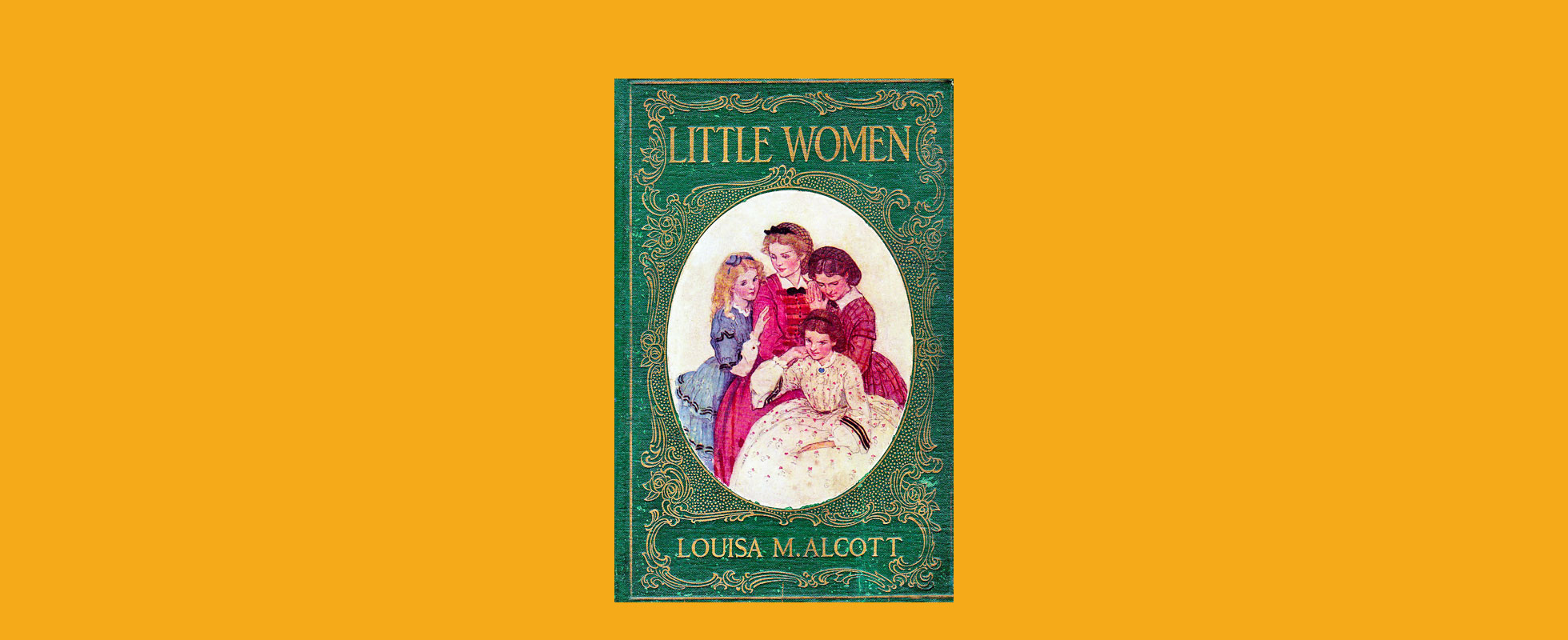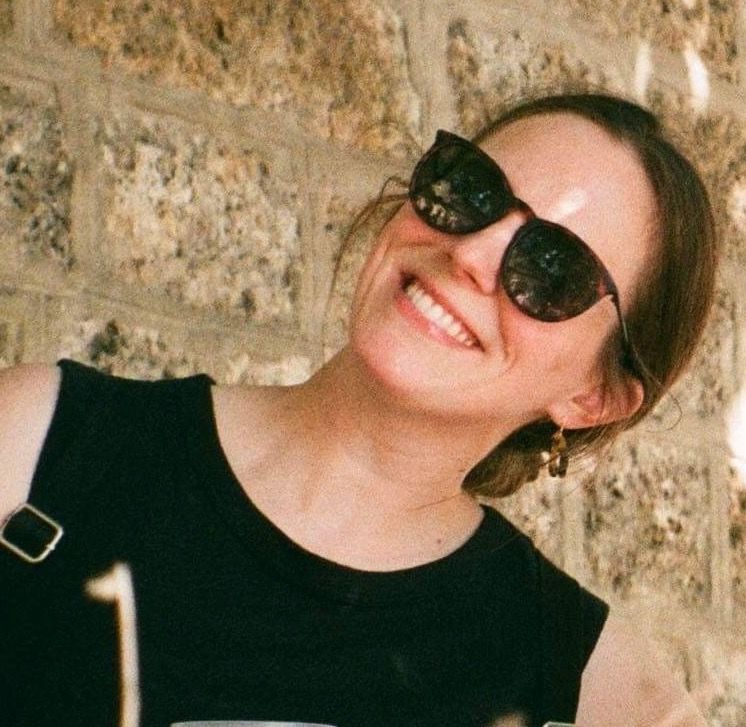Adapting a book for the screen is a big responsibility, especially when the book in question is widely beloved. There’s a delicate balance at play: Filmmakers must decide how to stay true to the source material while considering their own creative vision and working within the constraints and demands of a different medium.
Key details might be altered, timelines compressed, or characters reimagined. The book’s readers also have their own ideas of what the characters and settings should look like, and most filmmakers have a desire to honor that.
Ultimately, successful adaptations capture the essence of the original novel, tapping into its emotional core while delivering a compelling visual experience. The mediums of film and literature have their own particular charms, and on rare occasions, some adaptations can become as popular as their inspiration. Here’s a selection of fan-favorite books that have successfully made their way to the big screen.
“Pride and Prejudice” by Jane Austen
People themselves alter so much, that there is something new to be observed in them for ever.
Pride and Prejudice is one of the most well-known and best-loved books in all of literature, having charmed many generations of readers since its first publication in 1813. The Jane Austen classic delves into the complexities of love, social class, and personal growth with razor-sharp wit and insight, all set against the backdrop of early 19th-century England.
It’s considered by many to have originated the “enemies to lovers” trope, which is still popular in the romance genre today. And of course, it’s been turned into several big- and small-screen adaptations over the years, including a 2005 film starring Keira Knightley and Matthew Macfadyen and a 1995 BBC series that featured Colin Firth’s raved-about portrayal of Mr. Darcy.
“Wild: From Lost to Found on the Pacific Crest Trail” by Cheryl Strayed
Fear, to a great extent, is born of a story we tell ourselves, and so I chose to tell myself a different story from the one women are told.
Cheryl Strayed’s literary journey of self-discovery and healing follows the author's real-life experience hiking the unforgiving Pacific Crest Trail in the face of personal tragedies and self-destructive behavior. Her candid narrative reveals the physical challenges that mirrored her emotional ones, and in 2014, the Oprah Winfrey-approved bestseller was adapted into a feature film starring Reese Witherspoon as Strayed.
Witherspoon went on to receive an Oscar nomination for her role. The film captured the essence of the book's emotional journey while cementing its universal relevance and amplifying its powerful themes of self-acceptance and redemption.
“Dune” by Frank Herbert
The mystery of life isn’t a problem to solve, but a reality to experience.
Frank Herbert's Dune is considered a seminal work of science fiction. Celebrated for its intricate world-building and its exploration of power, destiny, and the precarity of natural resources, the book spawned multiple sequels and several attempted adaptations, including the ambitious (and ultimately doomed) 1984 David Lynch film.
Fortunately, in 2021, French Canadian director Denis Villeneuve released his highly anticipated adaptation, which adhered closely to the source material and harnessed modern filmmaking techniques to convey its depth and detail.
“Little Women” by Louisa May Alcott
I’m not afraid of storms, for I’m learning how to sail my ship.
Since Little Women’s original publication in 1868, the March sisters — Meg, Jo, Beth, and Amy — have accompanied countless young women during the transition from girlhood to womanhood (and beyond). Despite being set in Civil War-era Massachusetts, the themes of sisterhood, independence, and dealing with the confines of societal expectations still resonate with modern audiences.
A gorgeously rendered 1994 movie starring Winona Ryder and Christian Bale perfectly portrayed the novel’s inherent warmth and coziness. And in 2019, Greta Gerwig brought the story to a new generation, capturing the timeless magic of the novel while injecting fresh feminist perspectives into its characters and themes.
“To Kill a Mockingbird” by Harper Lee
The one thing that doesn’t abide by majority rule is a person’s conscience.
It’s impossible to describe the full breadth of the impact To Kill a Mockingbird has had on society. When it was first published in 1960, it was revered for challenging prevailing racial prejudices and highlighting the injustices of the legal system. Today, it remains a cornerstone of American literature, its messages as astute and searing as ever.
To date, the book has received just one screen adaptation: the hard-to-top 1962 feature film directed by Robert Mulligan and starring Gregory Peck as Atticus Finch. It became an instant classic and was nominated for eight Oscars, winning three.
“Crazy Rich Asians” by Kevin Kwan
Remember, every treasure comes with a price.
Before it was turned into a groundbreaking 2018 feature film — the first modern Hollywood feature with an Asian-majority cast since 1993’s The Joy Luck Club — Crazy Rich Asians was a bestselling 2013 rom-com novel about the opulent world of Singapore's elite. The story examines themes of privilege, cultural identity, and love, all while giving voice to perspectives that are underrepresented in popular culture.
The film adaptation, directed by Jon M. Chu, called attention to the demand for diverse storytelling. And despite some controversy about whether the cast truly represented Asian diversity, it did set a precedent for more inclusive casting in the industry.
“The Shining” by Stephen King
That's your job in this hard world, to keep your love alive and see that you get on, no matter what.
If Stephen King wasn’t already the master of horror fiction by the time The Shining came out in 1977, this unparalleled psychological thriller confirmed his status. The novel takes place in the haunted Overlook Hotel and follows the family — Jack and Wendy Torrance and their young son, Danny — who become the isolated property’s winter caretakers. As the family wrestles with their own personal demons, the hotel's sinister forces begin to chip away at their sanity.
The novel was followed — and perhaps eclipsed — by Stanley Kubrick's 1980 film adaptation starring Jack Nicholson and Shelley Duvall. It went on to become one of the most influential horror films of all time, giving us images and scenes that have become forever ingrained in popular culture.
Featured image credit: INTERFOTO/ Alamy Stock Photo
















